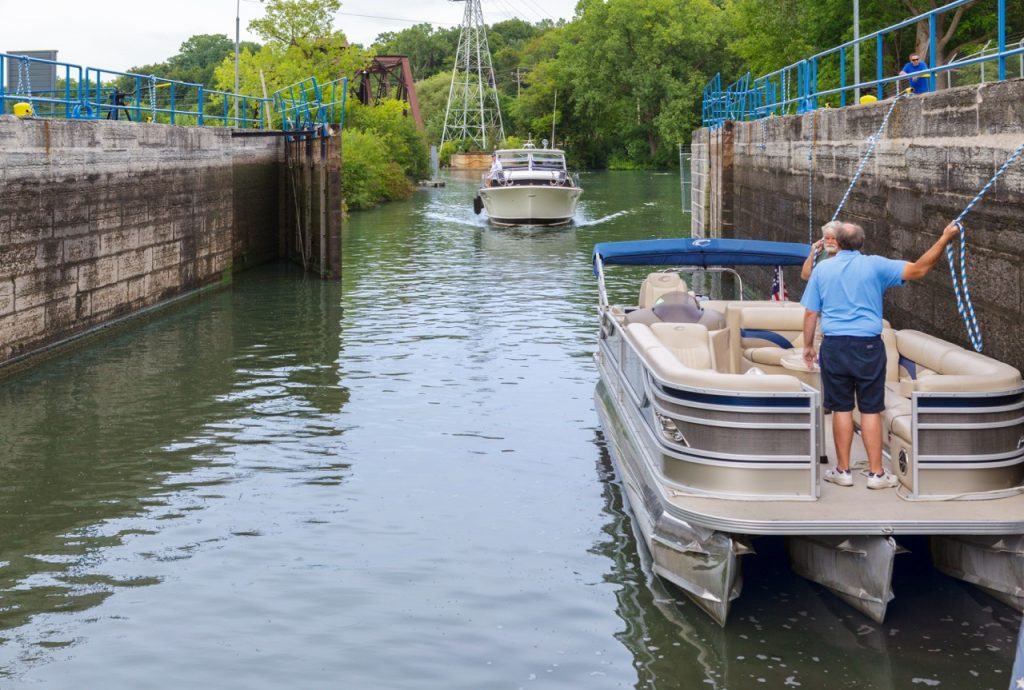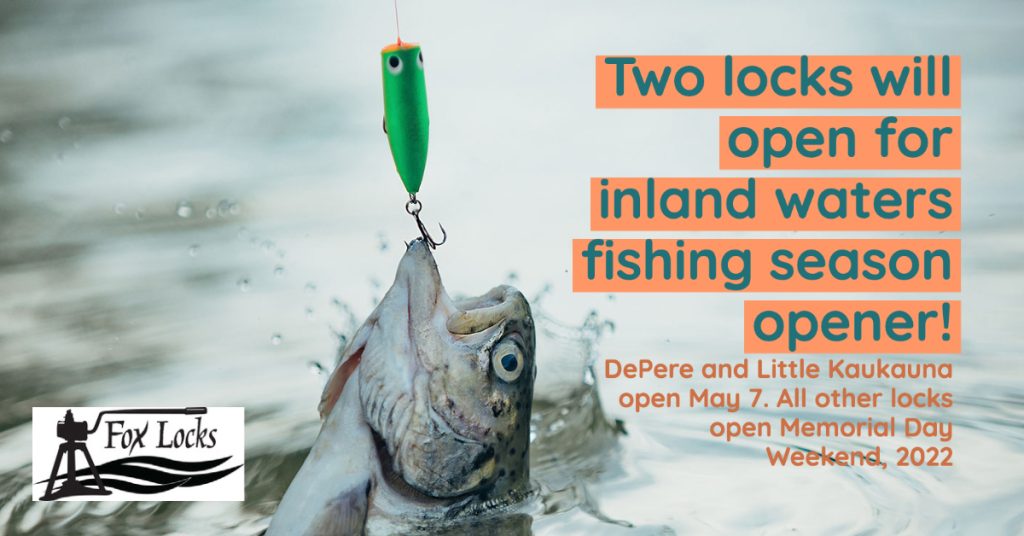Great Lakes Coalition: House Proposed Budget Would Be a ‘Disaster for Clean Water’
Healing Our Waters-Great Lakes Coalition
Contact: Lindsey Bacigal, BacigalL@nwf.org, (734) 887-7113
Jordan Lubetkin, Lubetkin@nwf.org, (734) 904-1589
Great Lakes Coalition: House Proposed Budget Would Be a ‘Disaster for Clean Water’
ANN ARBOR, MICH. (June 27, 2024)—The U.S. House of Representatives Committee on Appropriations released its proposed fiscal year 2025 Interior and Environment funding bills. The Republican budget being considered would hold Great Lakes Restoration Initiative funding at $368 million (level with current funding) but would eviscerate other core clean water programs by cutting the EPA budget by 20 percent. The $1.8 billion cut would set back critical environmental protections, public health, and slash state and Tribal assistance programs that help communities most impacted by pollution and invest in critical water infrastructure projects.
The Healing Our Waters-Great Lakes Coalition is urging members of Congress to reject the budget.
Laura Rubin, director of the Healing Our Waters-Great Lakes Coalition, said:
“The proposed budget is a disaster for the millions of people who still grapple with unsafe drinking water due to toxic pollution and lead, contaminated fish due to cancer-causing chemicals, and closed beaches due to sewage contamination. At a time when so many cities and towns are living with unsafe water, we need to be doing more, not less, to protect our drinking water and the health of our communities.”
“While federal investments to restore and protect the Great Lakes are producing results, serious threats remain—which is why cutting funding and scaling back clean water programs is a huge mistake. Cutting funding will only make the problems worse and more expensive to solve. We urge members of the Great Lakes congressional delegation to reject this budget and to work to craft a funding bill is commensurate with the task at hand—a funding bill that supports clean water programs that benefit our environment, economy, and communities that have been most impacted by pollution and environmental harm.”
The bill’s release today begins the House’s legislative process with the House Appropriations Interior Subcommittee expected to consider the bill this Friday before advancing the legislation to a full committee markup, currently scheduled for next month. The Senate is expected to release its own budget proposal in July.
The Healing Our Waters-Great Lakes Coalition is urging public officials to support robust funding for core clean water programs in a series of letters.
Since 2004, the Healing Our Waters-Great Lakes Coalition has been harnessing the collective power of more than 180 groups representing millions of people, whose common goal is to restore and protect the Great Lakes. Learn more at HealthyLakes.org or follow us on social media @HealthyLakes.
Latest Updates - Healthy Lakes
Latest Updates - Healthy Lakes
https://www.healthylakes.org/latest-updates/great-lakes-coalition-house-proposed-budget-would-be-a-disaster-for-clean-water

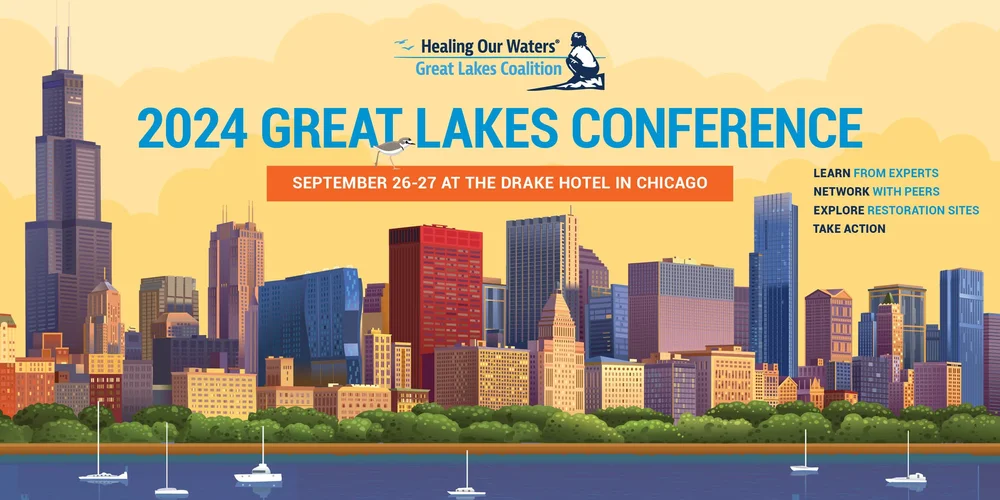
 The weekend of October 1&2 will be our final events for the 2022 season and we are hoping for great weather!
The weekend of October 1&2 will be our final events for the 2022 season and we are hoping for great weather!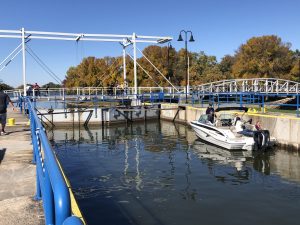




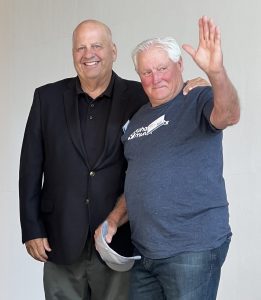
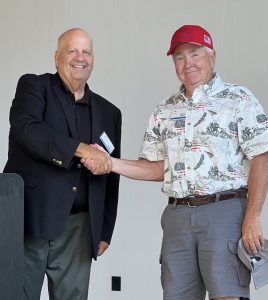
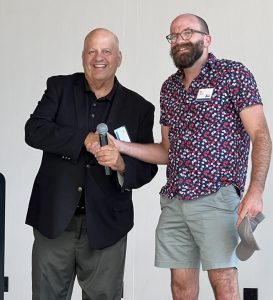

















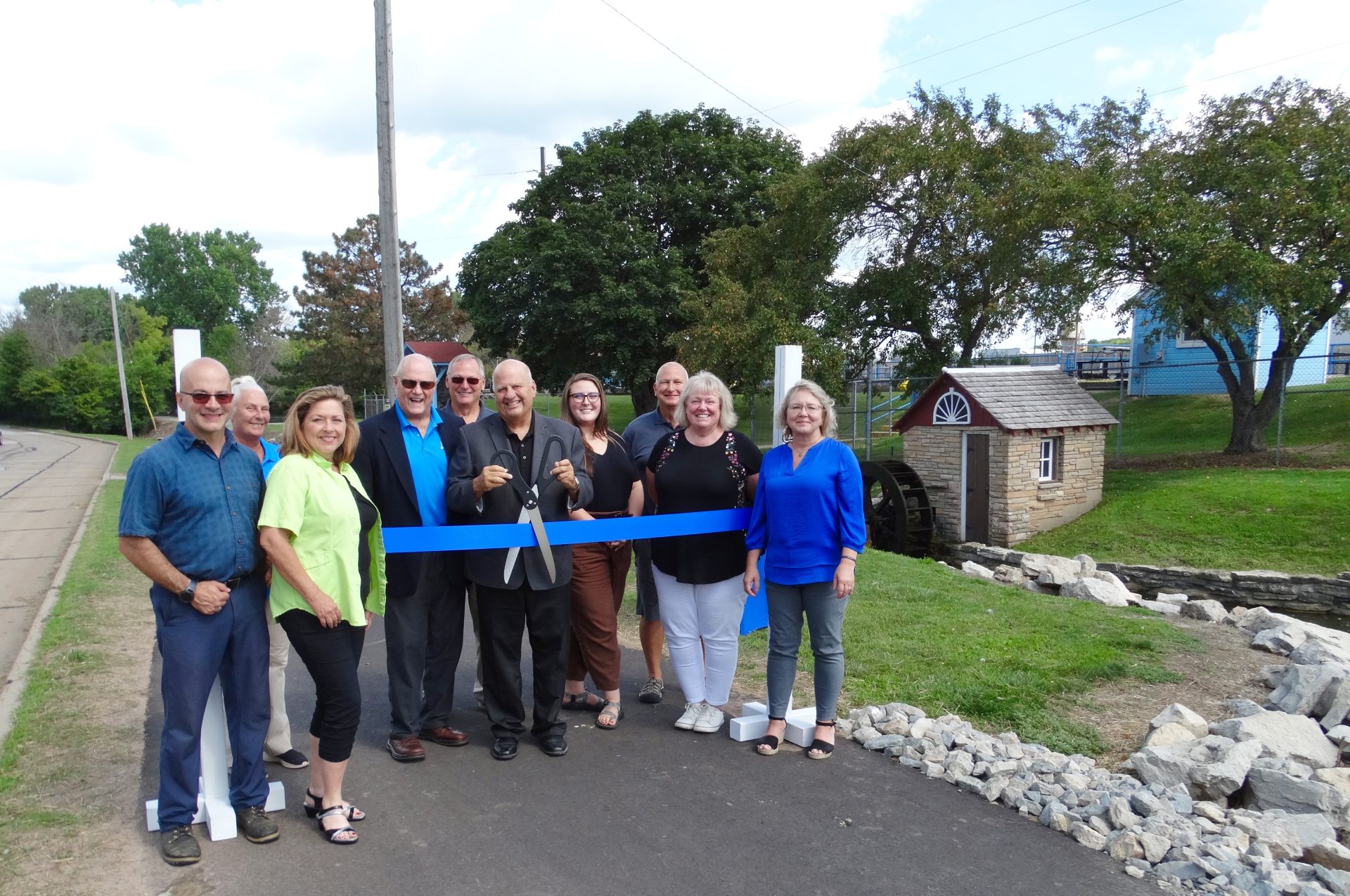
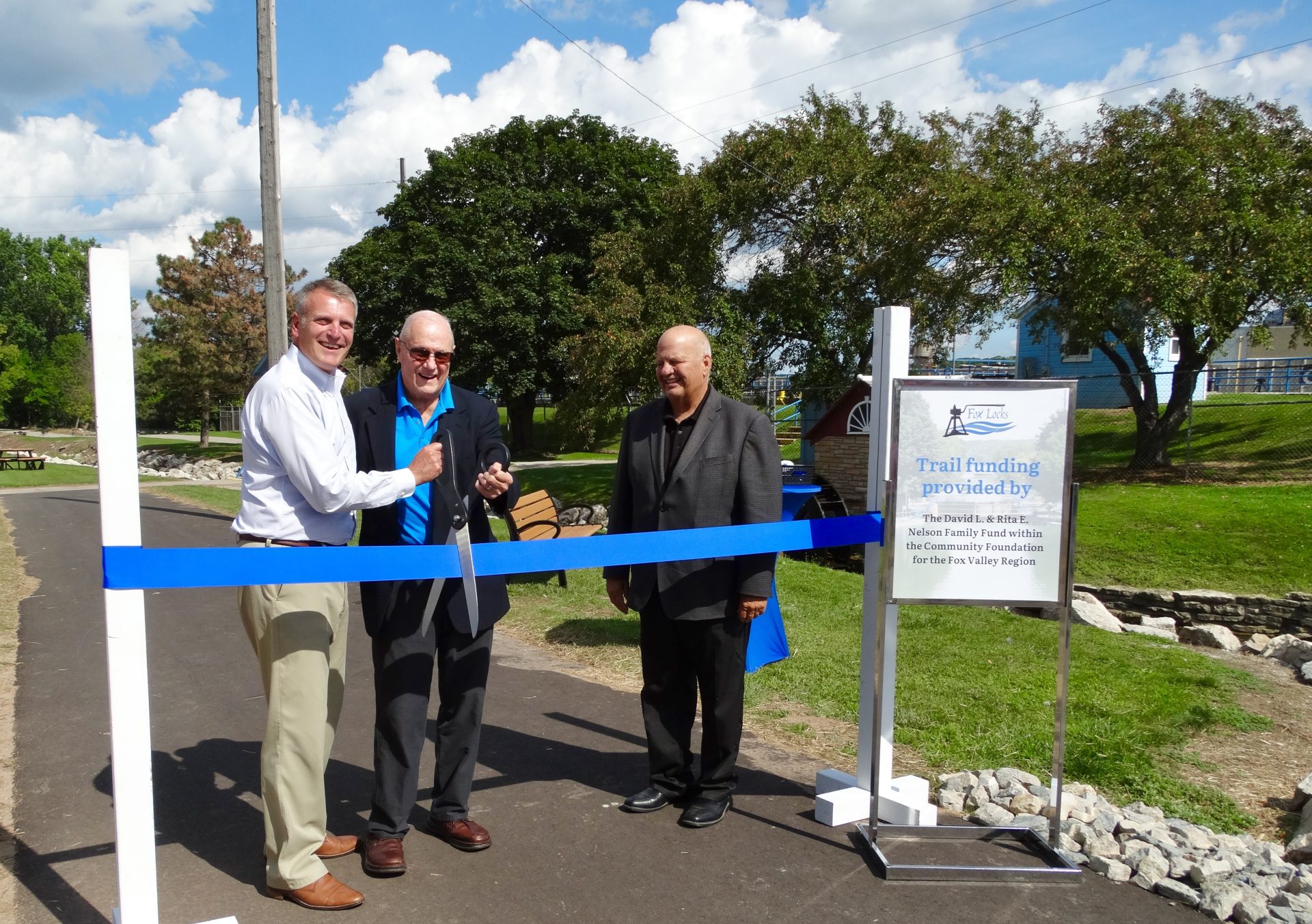


 Just announced: purchase a season pass for the remainder of the navigation year and it’s half off! Our season ends Sept. 5 at most upriver locks, but extends until Sept. 25 for DePere and Little Kaukauna locks. Your season pass covers any and all locks as often as you wish to cruise. And remember there’s a lot of beautiful weather left to cruise the locks after Labor day. For more info,
Just announced: purchase a season pass for the remainder of the navigation year and it’s half off! Our season ends Sept. 5 at most upriver locks, but extends until Sept. 25 for DePere and Little Kaukauna locks. Your season pass covers any and all locks as often as you wish to cruise. And remember there’s a lot of beautiful weather left to cruise the locks after Labor day. For more info,  Just announced: purchase a season pass for the remainder of the navigation year and it’s half off! Our season ends Sept. 5 at most upriver locks, but extends until Sept. 25 for DePere and Little Kaukauna locks. Your season pass covers any and all locks as often as you wish to cruise. And remember there’s a lot of beautiful weather left to cruise the locks after Labor day. For more info,
Just announced: purchase a season pass for the remainder of the navigation year and it’s half off! Our season ends Sept. 5 at most upriver locks, but extends until Sept. 25 for DePere and Little Kaukauna locks. Your season pass covers any and all locks as often as you wish to cruise. And remember there’s a lot of beautiful weather left to cruise the locks after Labor day. For more info, 
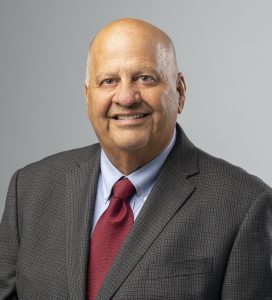 The board of directors of the Fox River Navigational System Authority (FRNSA) has appointed Phil Ramlet as executive director of the organization. Ramlet recently retired from Westwood Professional Services, where he worked for more than 40 years on large infrastructure construction projects. For the last 15 years, he has consulted with FRNSA on property and construction issues for the system. He has been an active community leader serving in a volunteer capacity on the Community Foundation of the Fox River Valley’s Community Real Estate Personal Property Foundation, he served as chairperson of the Fox Cities Chamber of Commerce, chairperson of the Appleton Redevelopment Authority, and was a board member for both the YMCA of the Fox Cities and the Wisconsin Timber Rattlers.
The board of directors of the Fox River Navigational System Authority (FRNSA) has appointed Phil Ramlet as executive director of the organization. Ramlet recently retired from Westwood Professional Services, where he worked for more than 40 years on large infrastructure construction projects. For the last 15 years, he has consulted with FRNSA on property and construction issues for the system. He has been an active community leader serving in a volunteer capacity on the Community Foundation of the Fox River Valley’s Community Real Estate Personal Property Foundation, he served as chairperson of the Fox Cities Chamber of Commerce, chairperson of the Appleton Redevelopment Authority, and was a board member for both the YMCA of the Fox Cities and the Wisconsin Timber Rattlers.
